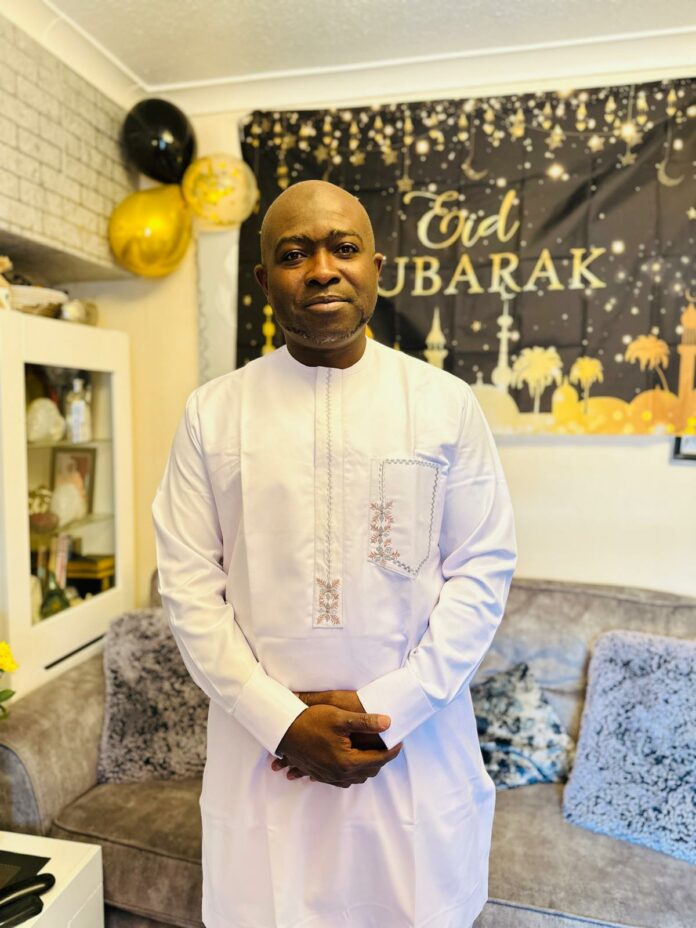Wishing everyone a Happy Eid Mubarak!
Islam as well as other faiths are instruments of individual and societal transformations. The hardest of societies and people have been affected by one religion or the other. Islam calls for change beginning with oneself, family and wider society. How hard is it for us to change our habits?
“I’ve found that “the system” is designed to preserve itself. It doesn’t want to be changed, it is designed to correct and defend itself, by any means necessary — and it doesn’t mind getting personal.”
CÉLINE SEMAAN
In that spirit, changing a system is challenging. Those tasked with reforming a system are themselves a product of a comparable or similar system. It is believed that it takes 25 years to transform deeply ingrained cultures, beliefs, values and institutions. Some people mistook populism and superficial (cosmetic) modifications for true system transformation.
We are all products of a dominant or past system that stifles the desire for significant change. Why is system change so difficult? Fear, uncertainty, human nature, social norms, poverty, inequality, outside influences, and so forth. It is always simple to expect people to change when you do not change yourself.
Political parties inherit – permanent civil servants who are the real ‘armchairs’ in the public sector and it is they who deliver policies. How easy is it to change them? Can a five-year political term effect any meaningful change to their work cultures and service deliveries? Nation-states are social constructs, and not everyone believes in how a state should be run or the direction it should take.
Youths aged 33 and under in the Gambia are more susceptible to what is known as ‘dictator’s syndrome’ than the older generation. And that age group will continue to dominate the public sector and society. Yahya Jammeh’s charisma has had a greater impact on the younger generations. Have our intellectuals identified the Yahya Jammeh syndrome for us as a people? The older generation that anchors the public service system is mostly a product of the prior 30 years of PPP administrative systems. And the same experts oversaw the 22-year-old APRC system. A combined political journey of the 52-year history of like-minded technicians moves our systems.
As a result, it is critical that we alter ourselves first and then society, both individually and collectively, to achieve the much-touted institutional and system change. Political parties are rooted in a particular system favourable to their electoral chances, even if that is not wholly desirable.
Former British Prime Minister Tony Blair once said, “the hardest part of governing is trying to make civil servants accept and implement a new government’s ideas and policies.” The Mandarins as they are referred to in Whitehall -UK civil service machine -wields unseen powers, yet project humility on the outside. This is not radically different to ours, however, western systems are more mature due to millennia of continuity.
Impactful service delivery is highly desirable for political parties in government, yet radical reforms are an objective for the future, a risky venture which is hard for many political parties to venture into. Taking risks with outside established institution figures is not easy, especially in a tense political environment. The focus can only be on a few key areas.
System change was a tough call for Prophet Muhammed (Peace Be Upon Him), for Isa Alaysalam (Jesus Christ), Moses and other great men of God.
May God help us transform ourselves and our societies. Amen.
Not the usual Eid message.
Suntou Touray – London, U.K




